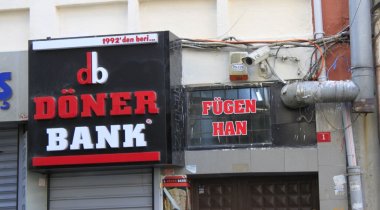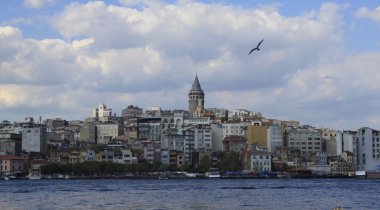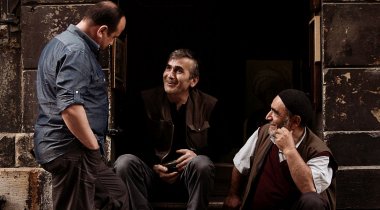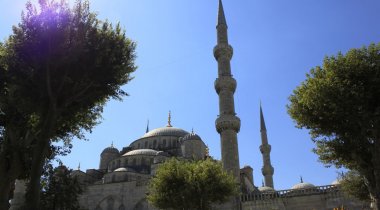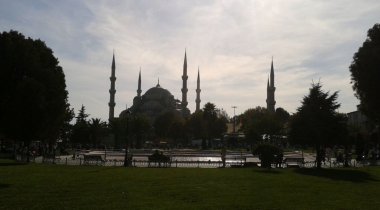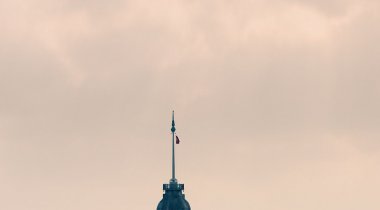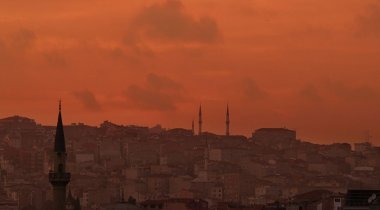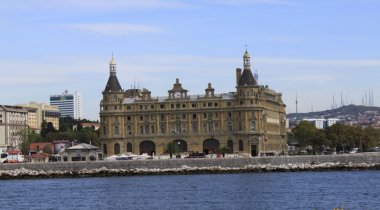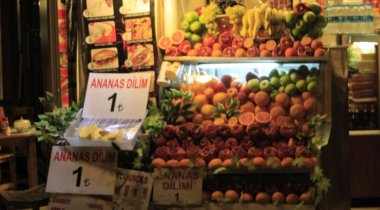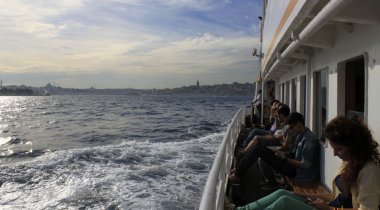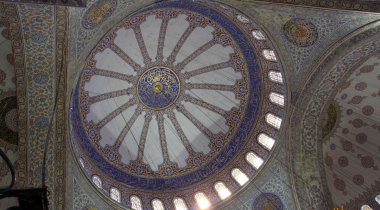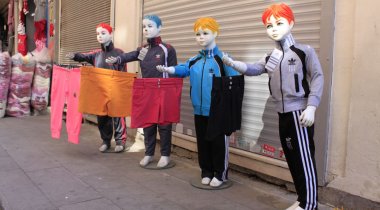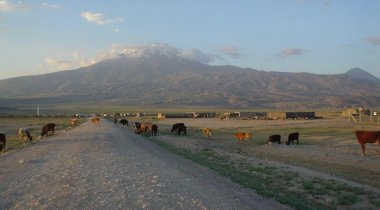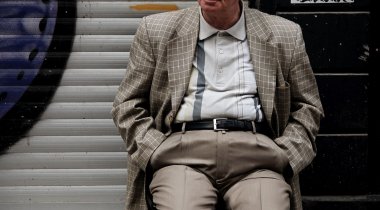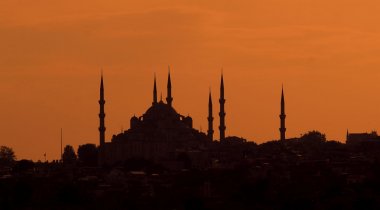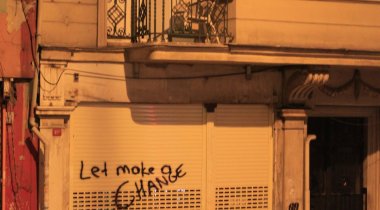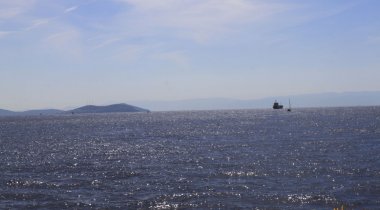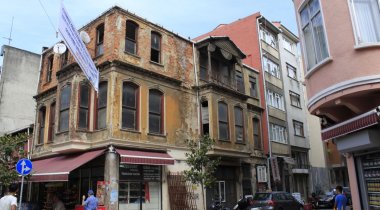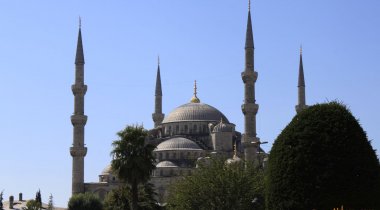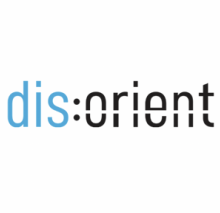Turkey is a bridge between Europe and the Middle East that is dotted with archeological and architectural vestiges of the rich legacy of the Byzantine and Ottoman Empires and East-West contacts. The country’s geographic location continues to affect its politics, economy, and culture. Which way is the Republic of Turkey headed?

For a long time, its goal seemed to be membership in the European Union. However, in recent years, the government led by the Islamic conservative Justice and Development Party (AKP) has turned its attention to the Middle East.
Some observers critically view Turkey’s economic engagement and political influence in neighboring Arab states as “neo-Ottoman.”Turkey is also struggling with its domestic orientation: Defenders of the secular state established by its founding father, Ataturk, worry about the introduction of Islamic principles in jurisprudence. Opposition forces criticize government interventions in the judiciary and the media.
Ultra-nationalist concepts oppose left-liberal ideas, and the views of religious and ethnic minorities often chafe. The decades-old conflict between the Turkish government and the Kurdistan Worker’s Party (PKK), which flared up again in summer 2015, puts a particular strain on the society.
“Turkey” also suggests great scenic beauty with diverse landscapes surrounded by water on three sides and crossed by mountain chains: from sparkling salt lakes to sunny sandy beaches, unique rock formations, and cotton and wine-growing regions. Turkey’s special blend of modernity and tradition makes it a fascinating destination for travelers interested in politics, culture, and history.
Unsere Highlights
Istanbul
Once the capital of the Byzantine and Ottoman Empires, and one of the world’s most vibrant metropolises, Istanbul boasts a stunning number of historical treasures—besides the Hagia Sophia, the Sultan Ahmed or “Blue” Mosque, and Topkapi Palace. Yet Istanbul does not live off its illustrious past alone. The city that straddles two continents also hosts many people of different backgrounds and lifestyles. The city’s huge variety of residents and neighborhoods with their unique personalities make Istanbul incomparable.
Nature and history
The late-Hellenic mausoleum on Mount Nemrut, the cave monasteries cut into Cappadocia’s lunar landscape, Mardin’s old city above the northern edge of the Mesopotamian plain, Roman excavations next to dream beaches on the Mediterranean, the Armenian Cathedral of the Holy Cross on Akdamar Island in Lake Van: Few countries have natural and historic treasures that create such a breathtaking ensemble. We will have plenty of time to stroll and hike around them.
Encounters
Our talks with students, activists, and representatives of minorities and people who live on the periphery help us to get a better feel for everyday realities in Turkey. What are the biggest challenges facing young people in the age of Erdoğan? What are the limits to political activism? What remains of the Turkish-Kurdish rapprochement? How do rural and city life differ?
Political briefings
Alsharq travelers learn about the most important political developments of recent years through lectures and brief inputs. We consider how Turkey has changed in 15 years under the AKP and address major events such as the Gezi Park protests as well as Turkey’s role in Syria’s civil war and its treatment of the millions of Syrians who have sought refuge there. We will also discuss the ongoing conflict between the Turkish government and the PKK.


